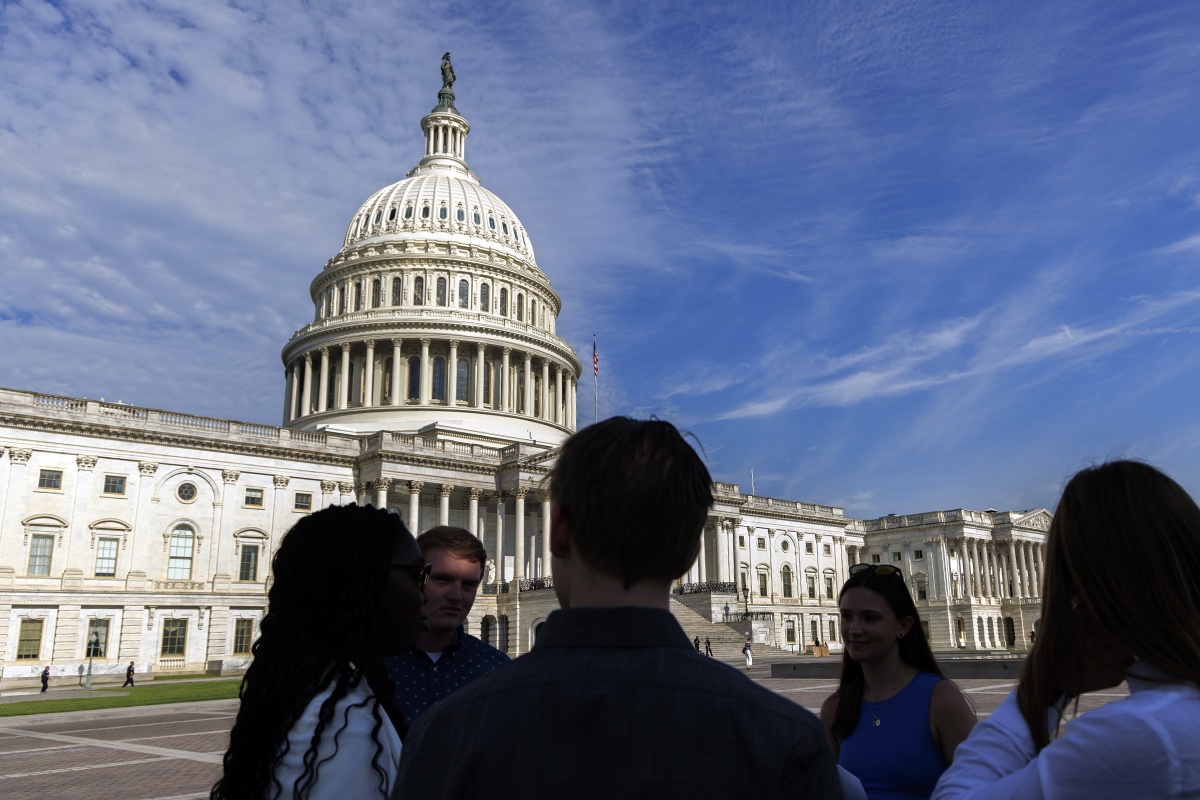Largest Medicaid Cut in U.S. History Would Leave Millions Vulnerable
Cuts to Medicaid will deepen health inequity in the United States.
Posted on May 21, 2025

A proposal that would strip health insurance from at least 8.6 million people advanced out of the House Energy and Commerce Committee last week.
This policy is part of a larger bill that would slash over a trillion dollars in health and social services over the next 10 years to prolong tax cuts—which were passed in 2017 and set to expire Jan. 1, 2026— for the nation’s wealthiest. While most income groups would receive some form of tax relief, the benefits are heavily skewed toward the top 0.1% of earners, those making $3.5 million or more annually for a family of two, according to estimates from the Treasury’s Office of Tax Analysis.
Proposed health care cuts will amount to over $700 billion over the next decade, mostly from Medicaid, a program nearly 80 million people rely on, including low-income adults, working families, children, seniors and people with disabilities.
Additional red tape—including work requirements echoing a policy that was consistently blocked by courts—and other changes would leave millions without coverage.
It's simple: to finance tax breaks to billionaires and increased border militarization, health inequity would deepen in the United States.
How The Cuts Threaten Everyday Lives
The mission of Partners In Health is to ensure everyone can exercise their right to health. Partners In Health United States, or PIH-US, works alongside partners to build strong, community-led public health systems. Medicaid is critical to making this a reality by funding many of the community health programs that PIH-US supports.
Medicaid allows low-income people to have access to health care and financial protection in a country where health is treated more like a commodity than a right. Reducing coverage and making clinical services unaffordable will exacerbate racial and economic disparities in health care access, reinforcing structural injustices that PIH-US and our partners have long fought against.
If passed, the proposal would impose additional levels of bureaucracy to the Medicaid process—allowing for eligibility checks every six months instead of every year, in addition to levying work requirements nationwide. This would mandate able-bodied Medicaid recipients to work, volunteer, or go to school for 80 hours a month, with exemptions for several groups, including people who are pregnant or recently incarcerated.
However, most people enrolled in Medicaid are already employed. When Arkansas implemented a similar policy, 18,000 people lost coverage in less than a year, primarily from confusion over the reporting requirements. There has been no evidence to show that work requirements increase rates of employment.
Instead, a recent study found an association between Medicaid work requirements and impacts on medical debt and health outcomes, including delays in critical care and lack of access to medications due to cost.
Work requirements could also lock people out of subsidized private plans. If a person cannot meet the reporting requirements and is removed from Medicaid, they are still technically eligible for the program even if they are not on it. This means they would only be able to purchase full-priced plans.
Attack on Reproductive Health and Immigrant Communities
The consequences of the proposed Medicaid cuts would extend far beyond red tape and work requirements—they would also remove access to essential care from millions, particularly in the realm of reproductive and immigrant health.
The new plan would remove Medicaid funding for Planned Parenthood, which provides more than 2 million patients a year with essential, preventative reproductive health care, including birth control, cancer screenings, wellness exams, STI testing and treatment, and more.
This attack on reproductive care is compounded by policy changes that further target immigrant communities and transgender people. It includes numerous anti-immigrant policies, like states no longer being required to provide Medicaid while the status of people’s immigration is being considered, and slashes coverage to gender-affirming care.
These proposals do not exist in a vacuum. The cruel and unacceptable cuts come as the Trump Administration proposes the first $1 trillion defense budget—a 13% increase. The administration also hopes to spend money on bolstering anti-immigrant policies, including investments in Immigrations and Customs Enforcement (ICE), detentions of migrants and border militarization.
Nearly half of all babies in United States come into the world with their care covered through Medicaid. The majority of nursing home care is through Medicaid. From a baby's first breath to an elder's last, Medicaid plays a critical role in the life of our communities.
This is not a matter of limited resources. Medicaid is not unaffordable or impossible to fund. Yet, the current bill moving through Congress will reallocate money from critical safety net programs to pay for more tax breaks for the wealthy and give billions of dollars to immigration enforcement agencies. PIH’s mission to protect the right of health for all is in vehement opposition to this vision.
Some members of the House are eyeing to pass the bill by Memorial Day, on May 26. We cannot afford more cuts to public health while the richest among us benefit.
Other slashes to Medicaid have been proposed in the past, but public outcry helped stop them. Take action today to protect Medicaid—and push to make health care a right for all.
Contact Congress
Call on your representatives to oppose cuts to Medicaid, a vital program for millions of Americans.

